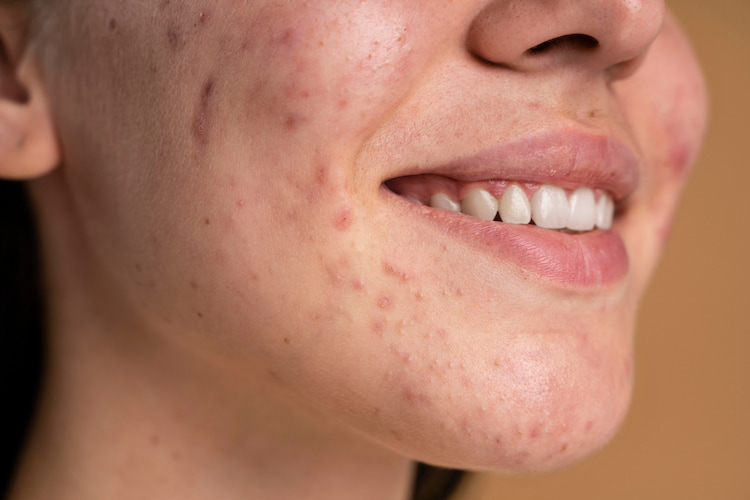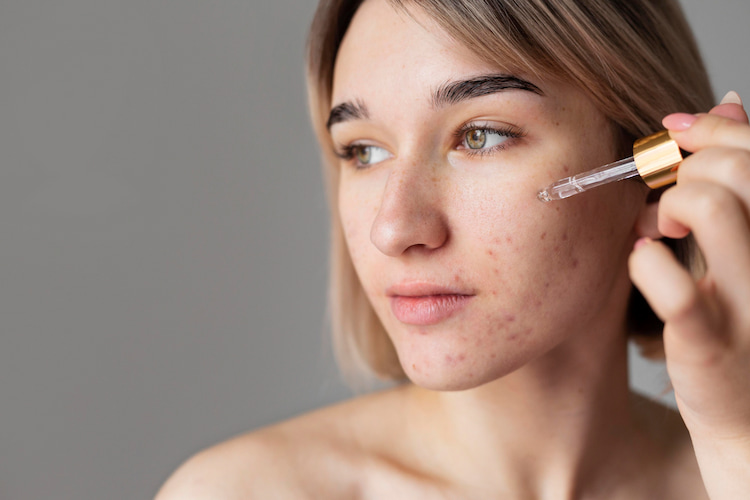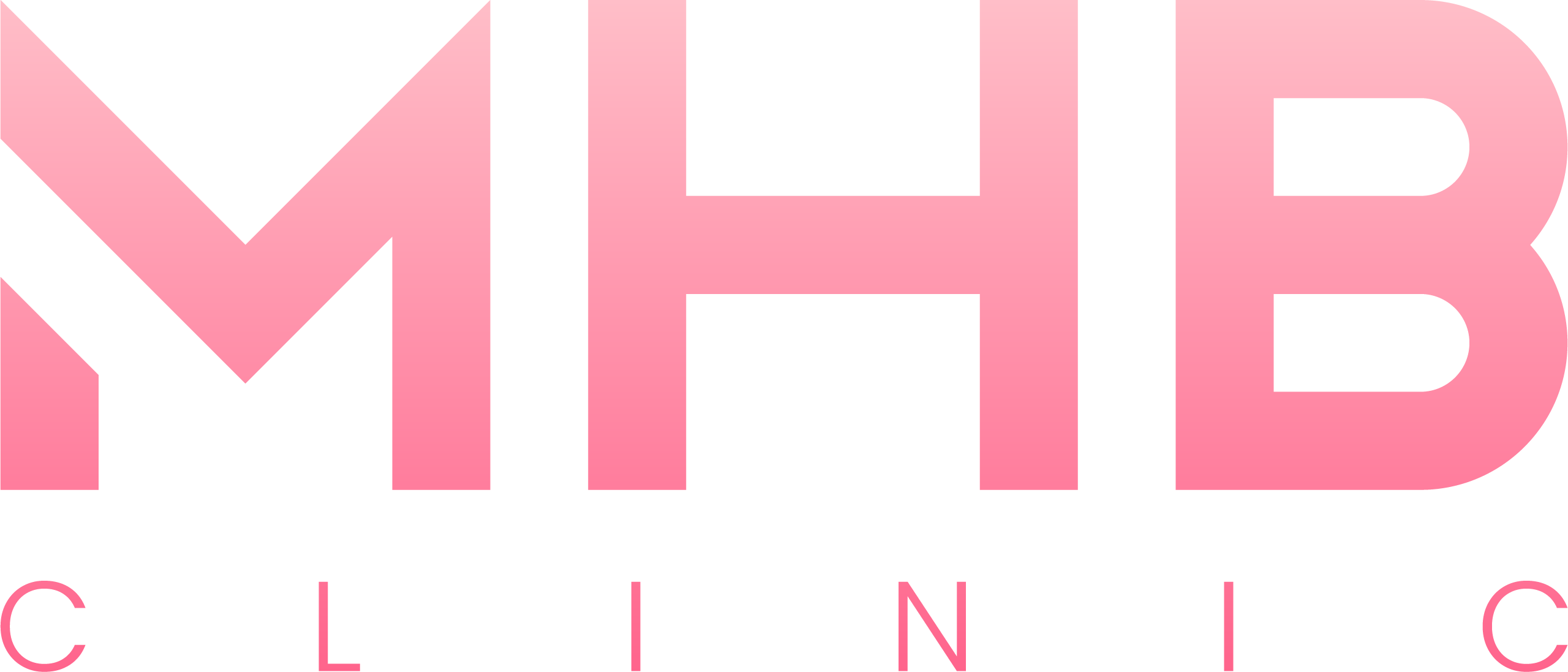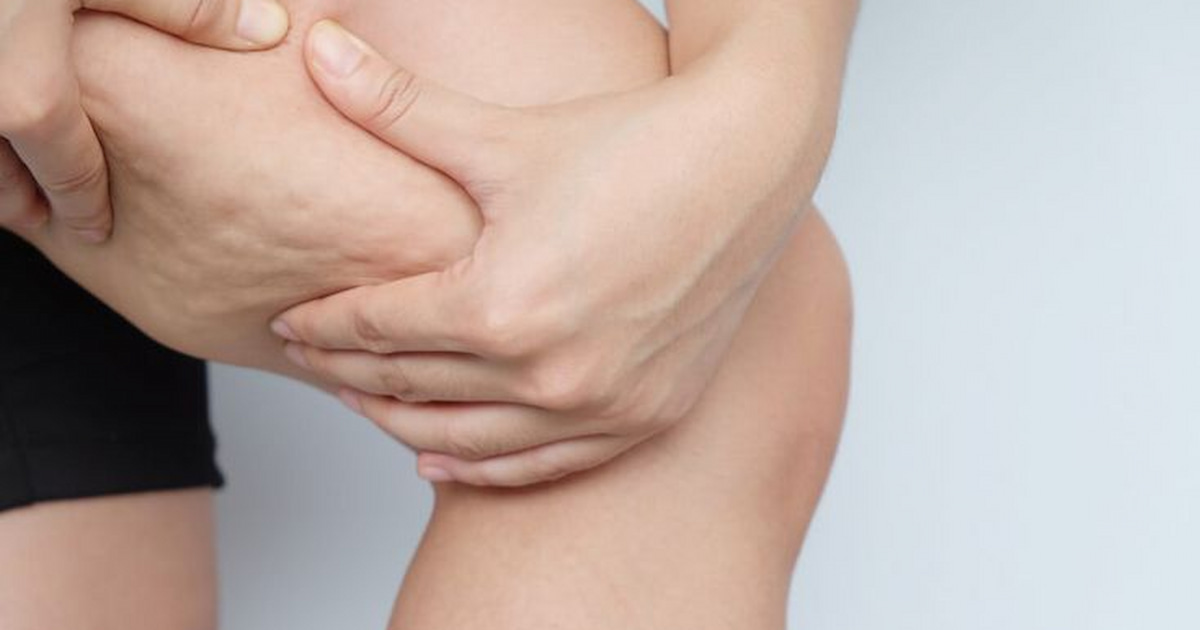Ah… acne… Right?! Nobody likes them, especially when they appear just before a special occasion! Everything’s ready, your clothes, your make-up, your hair… and suddenly it’s there. A big red pimple right in the middle of your face! In this guide, we’ll have a detailed look at these unwelcome guests. We’ll discuss the causes, types, best acne treatment ways, and how you can prevent them.
What Is Acne?
Acne is a common skin condition that happens when hair follicles become clogged with oil, dead skin cells, and bacteria. You can see them as mild blemishes or severe cystic forms that often need medical intervention.
What Causes Acne?
Let’s learn about the reasons behind this, so we can prevent them more successfully.
- Hormonal changes during puberty, pregnancy, or menstruation.
- Excessive oil production and clogged pores.
- Bacterial infections that lead to inflammation.
- Stress, medications, and genetics.
Types of Acne: From Blackheads to Cystic
Some acne, like blackheads and whiteheads, are known as non-inflammatory acne. These are caused by clogged pores. Inflammatory acne, on the other hand, causes redness and swelling. Papules and pustules are from this category. There are severe acne like nodules and cysts, which are deeper and more painful and often lead to scars.
How Your Skin Type Influences Breakouts
Your skin type determines how likely you are to experience acne. If you have oily skin, the excess sebum on your skin makes clogged pores more likely. Dry skin can develop acne when irritated by harsh products. Finally, if you have combination skin, you’re likely to experience breakouts in oily areas like the T-zone.

What Are Effective Acne Treatments?
Well, there’s no one-size-fits-all solution for acne. The appropriate treatment for each person depends on their skin type and acne severity. Sometimes, the problem can be solved with over-the-counter products. Other times, professional interventions become necessary.
Over-the-Counter Solutions: Creams, Gels, and Patches
These are some of the common over-the-counter products that work well to treat acne. If your acne problem is mild to moderate, you can count on these products.
- Benzoyl peroxide reduces bacteria and inflammation.
- Salicylic acid unclogs pores and exfoliates dead skin cells.
- Acne patches which are infused with active ingredients to treat individual blemishes.
Prescription Medications: Retinoids, Antibiotics, and Isotretinoin
If your acne problem is severe or persistent acne, your dermatologist will probably recommend the following ingredients.
- Retinoids help regulate cell turnover and prevent clogged pores.
- Antibiotics reduce bacterial infection and inflammation.
- Isotretinoin, a powerful medication for cystic acne (this solution requires close monitoring due to its potential side effects).
If you’re dealing with hormonal acne, targeted solutions like retinoids, oral contraceptives to balance hormones, and spironolactone to reduce oil production are recommended. Don’t forget to use gentle cleansers and non-comedogenic products in your skincare routine!
Natural Remedies: What Works and What Doesn’t
If you’re a fan of natural ingredients, we can introduce you to some! You can use tea tree oil and green tea extract as solutions for acne. These ingredients have antibacterial and anti-inflammatory properties. Aloe vera can also soothe irritated skin.
Not all natural remedies are effective, and some might worsen sensitive skin. Always patch-test before using them on your face.
Receive Your Personalised Acne Treatment Routine Now
Ready to fade those scars? Book your consultation at MHB Aesthetic today and explore personalised solutions for flawless skin! Contact us today!
Lifestyle and Prevention Strategies
With the right prevention methods, you can significantly reduce the chance of acne breakouts. With healthy habits and sticking to a consistent skincare routine, you can make a significant difference!
Skincare Routines for Acne-Prone Skin
Let’s break down a good acne routine. To prepare an effective skincare routine, you’ll need
- A gentle cleanser to remove dirt and oil without irritating your skin.
- A non-comedogenic moisturizer to keep your skin hydrated.
- A sun cream to prevent UV damage and hyperpigmentation.
Remember to avoid harsh scrubs! They can make the acne worse.
Diet and Its Role in Clear Skin
Some foods can stimulate acne. These foods include sweets and white breads, in addition to dairy which can cause breakouts in some people. To minimize the chance of acne breakouts, you can consider replacing these foods with skin-friendly ones such as leafy greens, berries, and omega-3-rich fish.
Habits That Can Trigger Breakouts
Your daily habits are also important when it comes to acne prevention. You might find this surprising, but touching your face frequently can make acne more likely. Another habit is using dirty pillowcases and phone screens.
Not removing your makeup before going to bed is another red flag!
All these habits expose your skin to bacteria and irritating substances, leading to acne.
What Are Professional Acne Treatments?
If you find yourself dealing with persistent acne or scarring, you need to consider professional treatments. Here’s how they work.
Chemical Peels for Acne and Scars
Chemical peels involve applying acids to exfoliate and remove the skin’s top layers. This promotes new cell growth and can reduce both active acne and scarring over time.
Laser Therapy and Light Treatments
These treatments target bacteria, reduce inflammation, and stimulate collagen production to improve skin texture. They are especially effective for moderate to severe acne and acne scars.
When to See a Dermatologist
If over-the-counter treatments fail or acne causes significant discomfort, consult a dermatologist. They can assess your condition and recommend personalised treatments.

Managing Acne Scars and Post-Acne Care
Our little guests are not so quick to leave! Even after we treat the acne itself, we might have to deal with scars and hyperpigmentation. Our second mission is to face these remnants!
Types of Acne Scars: Ice Pick, Rolling, and Boxcar
- Ice pick scars. These are deep, narrow depressions.
- Rolling scars. Wave-like indentations.
- Boxcar scars. These are broad scars with well-defined edges.
Top Treatments for Fading Scars
Fortunately, there are several options available that can remove acne scars successfully. Microneedling is a treatment that stimulates collagen production in your skin, creating new skin tissue.
Learn more about the microneedling procedure and microneedling vs. other skin rejuvenation techniques.
For mild scarring, you can try scar gels and creams. Laser therapy can also reduce scar depth.
Preventing Hyperpigmentation After Acne
To avoid post-inflammatory hyperpigmentation
- Don’t pick or squeeze pimples.
- Wear sunscreen daily.
- Use products with vitamin C or niacinamide for brightening and evening out skin tone.
Wrapping Up
Combining these strategies can help you manage acne effectively and achieve healthier, clearer skin. Whether you use over-the-counter products or professional treatments, or you prefer to prevent acne in the first place, consistency is key to long-term results! To receive your comprehensive acne treatment plan, consult MHB Aesthetic experienced dermatologists.
FAQs
What are the most effective treatments for hormonal acne?
Targeted treatments include
- Retinoids
- Oral contraceptives
- Spironolactone
- Prescription medications
Always consult a dermatologist for personalised advice.
Can diet really help reduce acne breakouts?
Diet plays a role; reducing sugar, dairy, and processed foods while increasing omega-3s, fruits, and vegetables can improve skin health.
How do I know if my acne needs professional treatment?
If over-the-counter products fail, acne is severe or painful, or scarring begins, you should consult a dermatologist.
Are natural remedies like tea tree oil effective for acne?
Tea tree oil may help mild acne due to its antibacterial properties, but results vary. Patch-test before use to avoid irritation.




